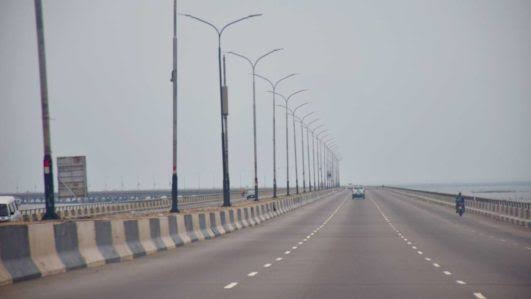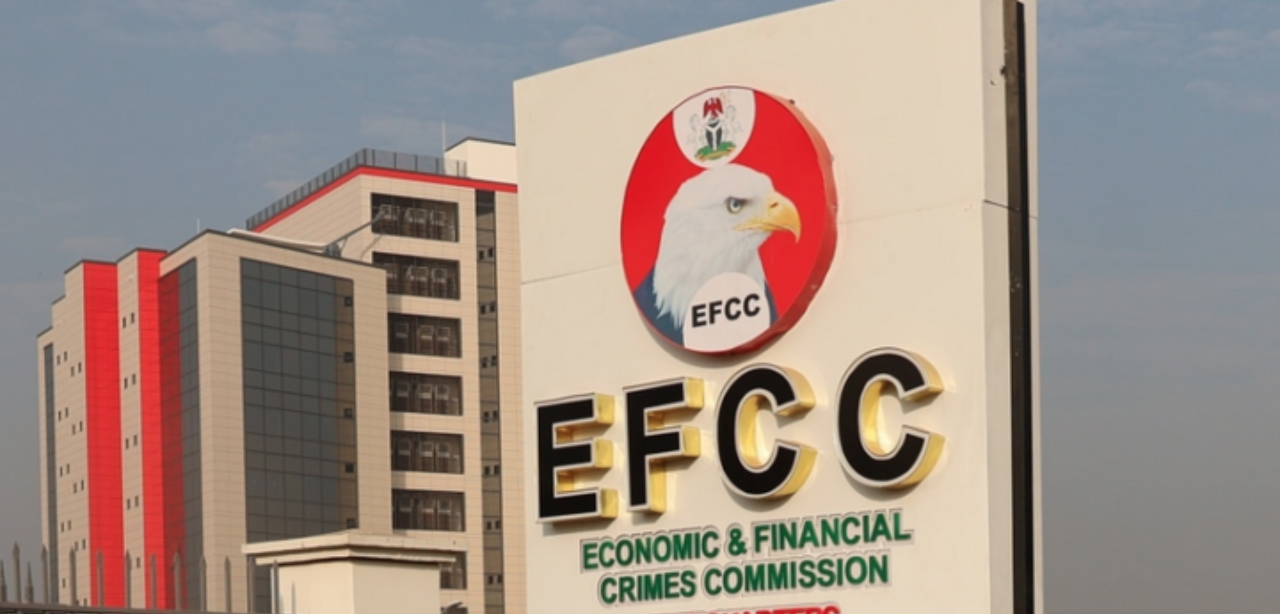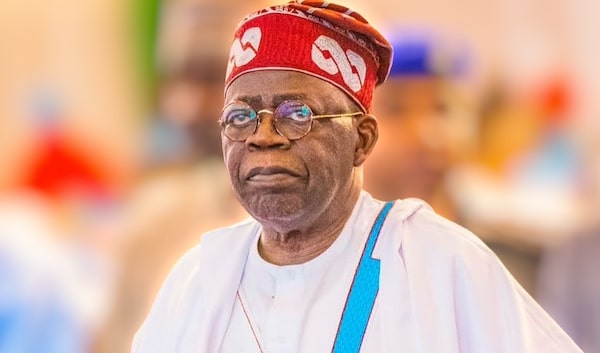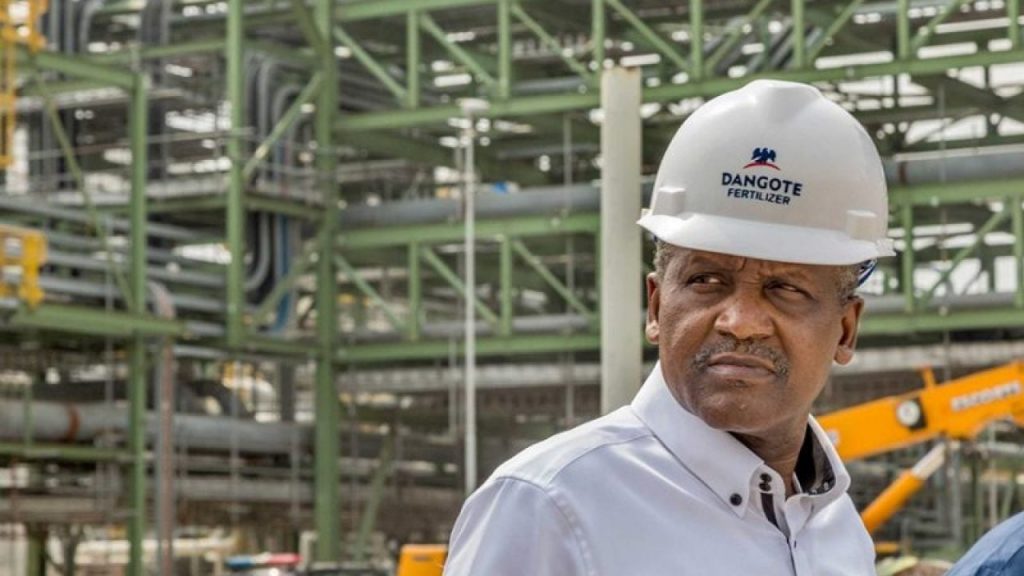VAM News Update
Minister of Works, David Umahi has revealed that the Abuja-Lagos highway will be completed in 2027 and will last for 100 years.
Addressing journalists on Saturday, September 23, Umahi said the proposed 470 kilometres Abuja-Lagos Greenfield superhighway will be built by a private sector consortium at no cost to the government.
The minister said the consortium will operate the facility for a yet-to-be-determined period on a build, operate and transfer deal. The highway will also be tolled at different points to enable the investors recoup their investment.
He said;
“When I first introduced this to the public, many doubting Thomases were saying ‘it is impossible, Lagos-Abuja that is done in 14 hours cannot be done in four and half hours’, that is the renewed hope of Mr President.
“The President has approved that I fast-track this project. This project is going to be two lanes but each lane is going to be a two-carriage way and it is going to be 14 metres.
“The only carriageway that is equivalent to this is the Third Mainland Bridge where each carriageway is 14 metres. It is going to be built on 275-millimetre thick concrete.
“The live-shelf design of this project is going to be 100 years. It is going to be completed within four years and this is doable. There are a number of bridges that will be built. There are a number of tolling points that are going to be there.
“We are not putting any kobo but we will assist them in every direction. So, the next thing is to bring the business proposal so we can negotiate on what the cost of the project is going to be. Then they go to the Ministry of Finance and negotiate on the issue of their money.
“The good thing is that we are building this road on concrete so we can predict the cost. In asphalt, you cannot predict the cost. The cost of asphalt roads changes every month.
“Concrete roads are more durable and cheaper than asphalt and I have directed all ongoing projects that have not advanced up to 80 per cent to change the remaining to concrete.”
Umahi also said that plans are underway to make the road a business and industrial corridor with hotels, factories, and housing estates, among others, on the route.









